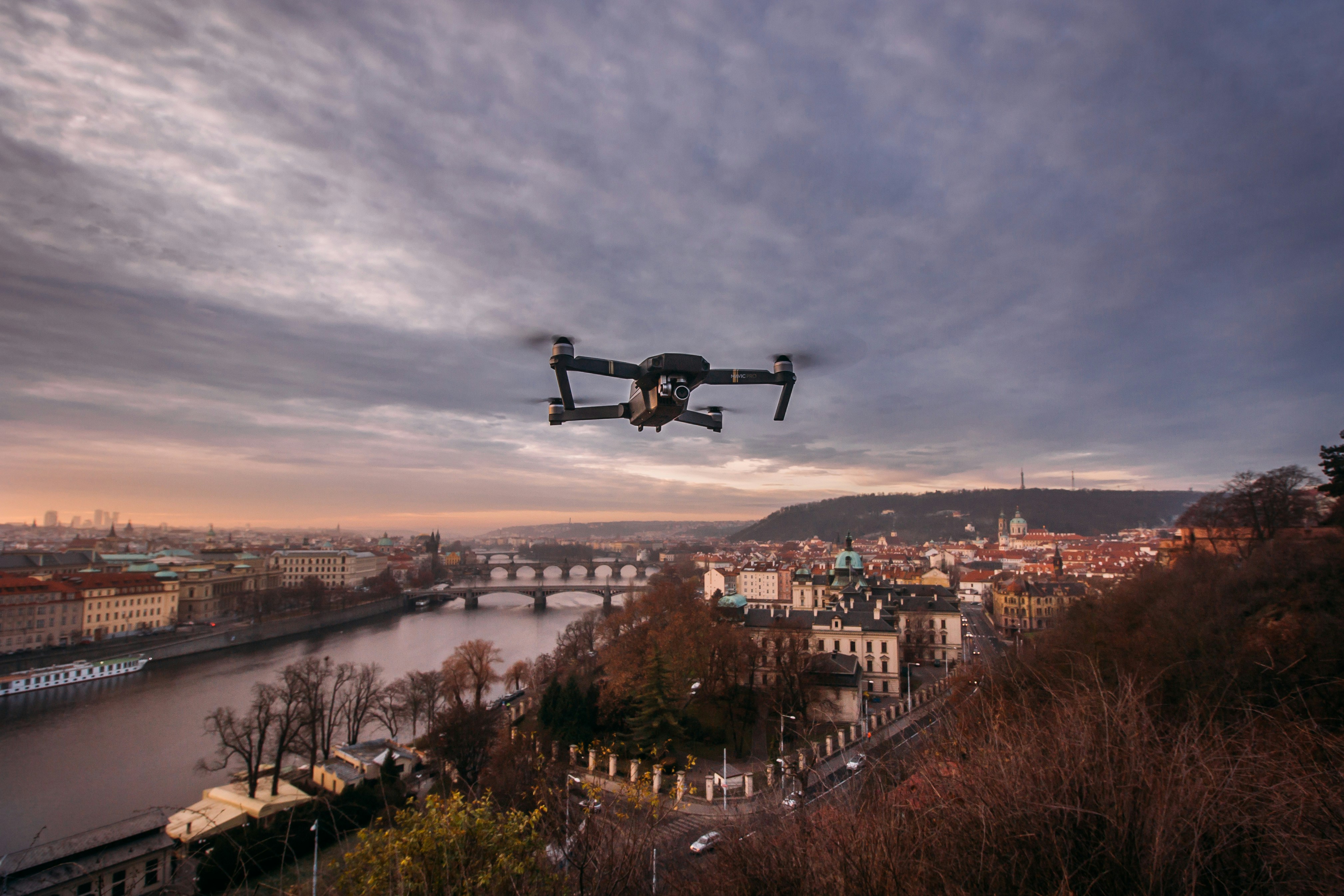Title:Adjunct Faculty - UMS (Manual Flight and Maintenance)
Agency:Virginia Peninsula Community College
Location:Hampton - 650
FLSA:Exempt
Hiring Range:Commensurate with qualifications and experience.
Full Time or Part Time:Part Time
Job Description:
Virginia Peninsula Community College is a two-year institution of higher education established as a part of a statewide system of community colleges. It primarily serves the residents of Hampton, Newport News, Poquoson, and Williamsburg and the counties of James City and York.
Virginia Peninsula seeks faculty to teach up to 12 credit hours in the fall and spring semesters and/or up to 8 credit hours during the summer semester. The teaching load is based on student enrollment and staffing needs. Applicants will be part of a standing pool which the College will draw on as scheduling needs dictate. The adjunct faculty appointment contains no guarantee of continued employment. Instruction may be during the day, evening, or weekend. The position may teach either on the Hampton and/or the HT campuses. The position will teach courses such as Manual Flight (UMS 111) and Maintenance (UMS 177).
Essential functionsDesign and deliver of instruction for day and evening classes. Responsible for student assessment and grading. Maintains adequate on-campus presence. Provides timely communication with students, staff, and administrators of the College.Minimum Qualifications:
Currently possess FAA Part 107 Remote Pilot Certification. Knowledgeable of necessary pre-flight training required. Plan and implement manual and autonomous sUAS missions to collect and analyze data. Perform the operations typical of a Remote Pilot in Command (RPIC) required to support missions e.g. plan, fly, crew management, collect data, maintain, repair, select sensors, and analyze data. Understand the requirements of operating an sUAS in FAA controlled airspace, Virginia Tech airspace, and other airspace as required. Understanding of the requirements and demonstrating the ability to serve as RPIC for manual and autonomous sUAS missions specific to flight testing, sensor testing, and other missions. Commercial and custom software and methods for conducting autonomous flights for missions related to mapping, inspection/videography, modeling, precision agriculture, and others. Specific safety regulations and procedures required by Virginia Tech for sUAS operations. Coverage of the specific requirements of fixed wing and multi-rotor aircraft as required by Virginia Tech. Basic maintenance and sensor integration on fixed wing and multi-rotor platforms. Demonstrate ability to use mission planning and ground control software such as Mission Planner, Drone Deploy, QGroundControl and others. Requirements for effective service-learning missions to support the flight instruction labs including interactions with customers and teammates. Troubleshooting electrical and mechanical issues with fixed wing and multi rotor platforms. Safe and effective emergency recovery of manual and autonomous flights. Passion for Unmanned Systems. Associates degree in any field in science, engineering or technology. Have a passion for the discipline and a commitment to a student-centered philosophy in support of academic excellence for diverse groups of learners. Excellent interpersonal skills in communication with students, colleagues, staff and administrators as an individual or as a part of a team. Willingness to serve the needs of traditional and non-traditional students from a variety of backgrounds and age groups. Ability to modify when appropriate, instructional methods and strategies to meet diverse student needs. Plan and organize instruction in ways that maximize documented student learning. Adopt methods that fairly measure student progress toward student learning outcomes. Evaluate student performance fairly and consistently and return student work promptly to promote maximum learning. Maintain accurate records of student progress and submit final grade rosters to division administrator each semester according to established deadlines. Strong written and verbal communication skills. Experience and/or strong interest in teaching and inspiring adult learners to fulfill the College’s mission to change lives and empower students to succeed. Must be able to work at all campus locations.Preferred Qualifications:
Teaching experience in online and hybrid teaching modalities. BS degree in any field in science, engineering or technology. Community college teaching experience. Teaching experience in online or hybrid, and traditional face to face classroom modalities. Demonstrated proficiency and experience in using instructional technologies and learning management systems (e.g. Canvas) with ability to use technology to enhance teaching and educational experience. Demonstrated ability to measure, assess and align student outcomes within courses or programs.


